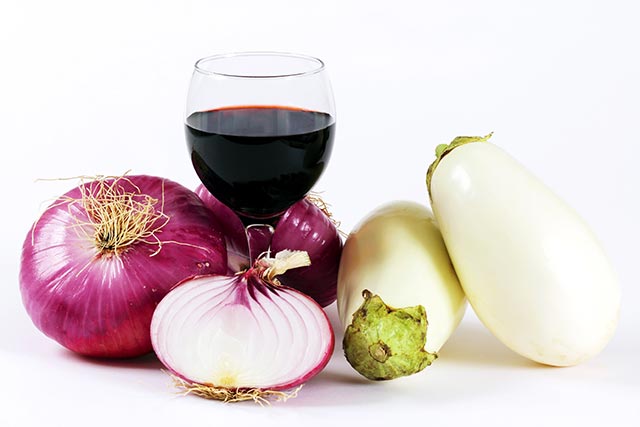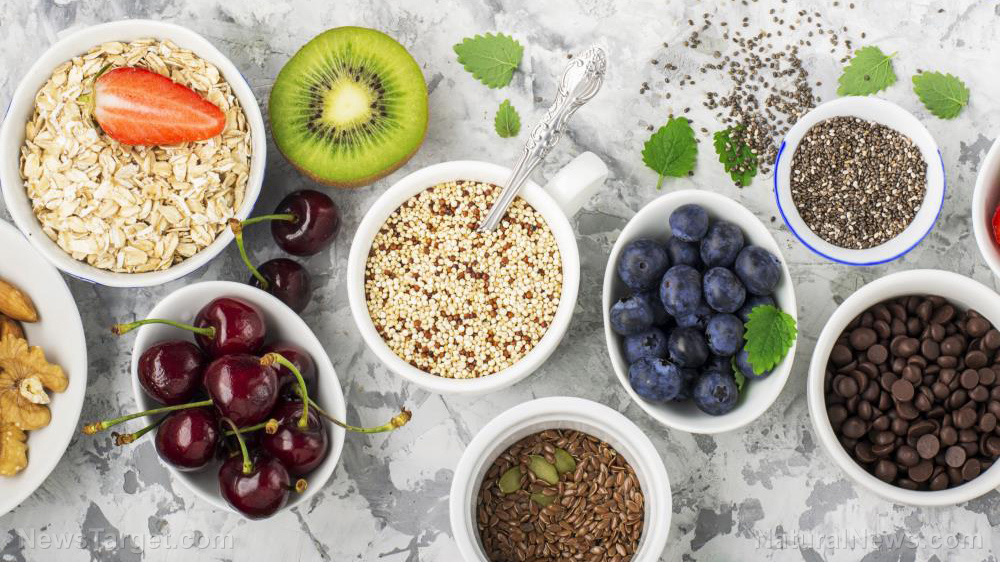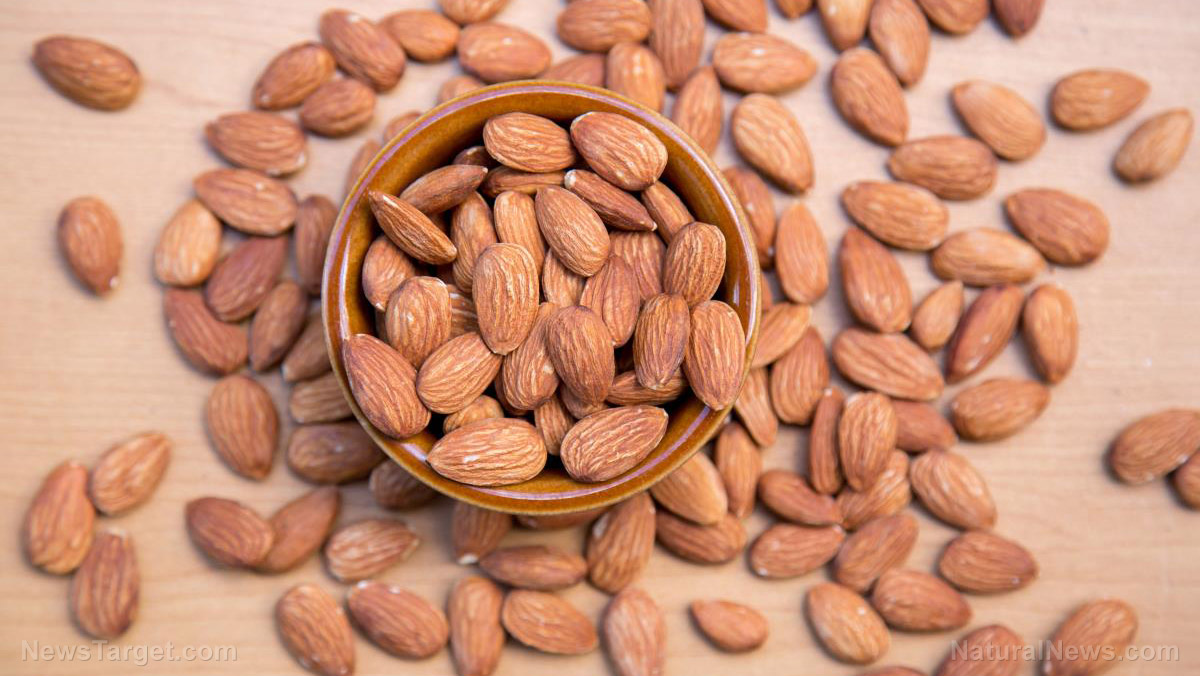Eat more broccoli and Brussels sprouts for a healthier heart
05/10/2018 / By Michelle Simmons

Eating more cruciferous vegetables, especially broccoli and Brussels sprouts, makes the heart healthier, according to a study published in the Journal of the American Heart Association. The study likewise found that the consumption of these vegetables lessened carotid artery wall thickness among the elderly women who ate them.
In conducting the study, researchers from the University of Western Australia distributed food frequency surveys to 954 Australian women who were 70 years old and older at the beginning of the study. The participants rated their vegetable consumption in a range from “never eating vegetables” to “three or more times per day.” They also identified the types of vegetables they consumed, which included cruciferous, allium (onions, garlic), yellow/orange/red peppers, leafy greens, and legumes. The researchers also used sonograms to measure carotid artery wall thickness of the participants, while they also examined entire carotid trees to identify participants’ carotid plaque severity.
Results revealed that those who ate greater amounts of vegetables had a 0.05 millimeter (mm) lower carotid artery wall thickness compared to those who ate less vegetables. The most beneficial vegetables were cruciferous vegetables, such as broccoli, cauliflower, cabbage, and Brussels sprouts.
“That is likely significant, because a 0.1 millimeter decrease in carotid wall thickness is associated with a 10 percent to 18 percent decrease in risk of stroke and heart attack,” explained Lauren Blekkenhorst, lead author of the study.
Moreover, every 10 grams per day higher in cruciferous vegetable consumption was linked to 0.8 percent lower average carotid artery wall thickness. While the other types of vegetable did not show a link with carotid artery wall thickness in the study.
“After adjusting for lifestyle, cardiovascular disease risk factors (including medication use) as well as other vegetable types and dietary factors, our results continued to show a protective association between cruciferous vegetables and carotid artery wall thickness,” Blekkenhorst said.
Benefits of eating cruciferous vegetables
Like all other foods, vegetables are not created the same. Their nutritional content and their health benefits vary. Cruciferous vegetables include broccoli, Brussels sprouts, cabbage, cauliflower, kale, radish, rutabaga, turnip, and arugula. These vegetables contain the phytochemical sulforaphane.
Here are more benefits of eating cruciferous vegetables:
- Anti-cancer benefits – Cruciferous vegetables contain sulforaphane, which is gaining recognition as an anti-cancer compound. This is because of its strong antioxidant and anti-inflammatory properties. (Related: Broccoli and Brussels Sprouts Stop the Spread of Breast and Other Cancers.)
- Fights depression – Cruciferous vegetables can help fight depression. Studies show that the sulforaphane contains antidepressant and anxiety reducing activities. Broccoli sprouts were also found to effectively prevent or minimize relapses by reducing inflammation.
- Relieves pain – There is some research that sulforaphane may have a significant effect on pain, or pain management. Evidence shows that broccoli, together with ascorbigen (from vitamin C), reduced pain sensitivity and improved the quality of life of people suffering from fibromyalgia.
- Supports cardiovascular system – Studies also show that sulforaphane may lessen inflammation of the arterial walls, prevent obesity, relieve hypertension, and other conditions that are associated to cardiovascular diseases.
- Antioxidants – Cruciferous vegetables, especially broccoli, are widely known as a great source of antioxidants. In a study, young male smokers were asked to eat broccoli for 10 days. The consumption of broccoli caused reductions in circulating C-reactive protein (CRP) concentrations. This is important because CRP indicates the level of inflammation in the body as well as the oxidative stress status.
Read more news stories and studies on the health benefits of vegetables by going to Veggie.news.
Sources include:
Tagged Under: broccoli, Brussels sprouts, cardiovascular disease, cardiovascular health, cruciferous vegetables, depression, food as medicine, food science, fresh food, good diet, good nutrition, heart health, inflammation, mental health, natural cures, nutrition, oxidative stress, proper diet, proper nutrition, sulforaphane, vegetables, Veggies




















